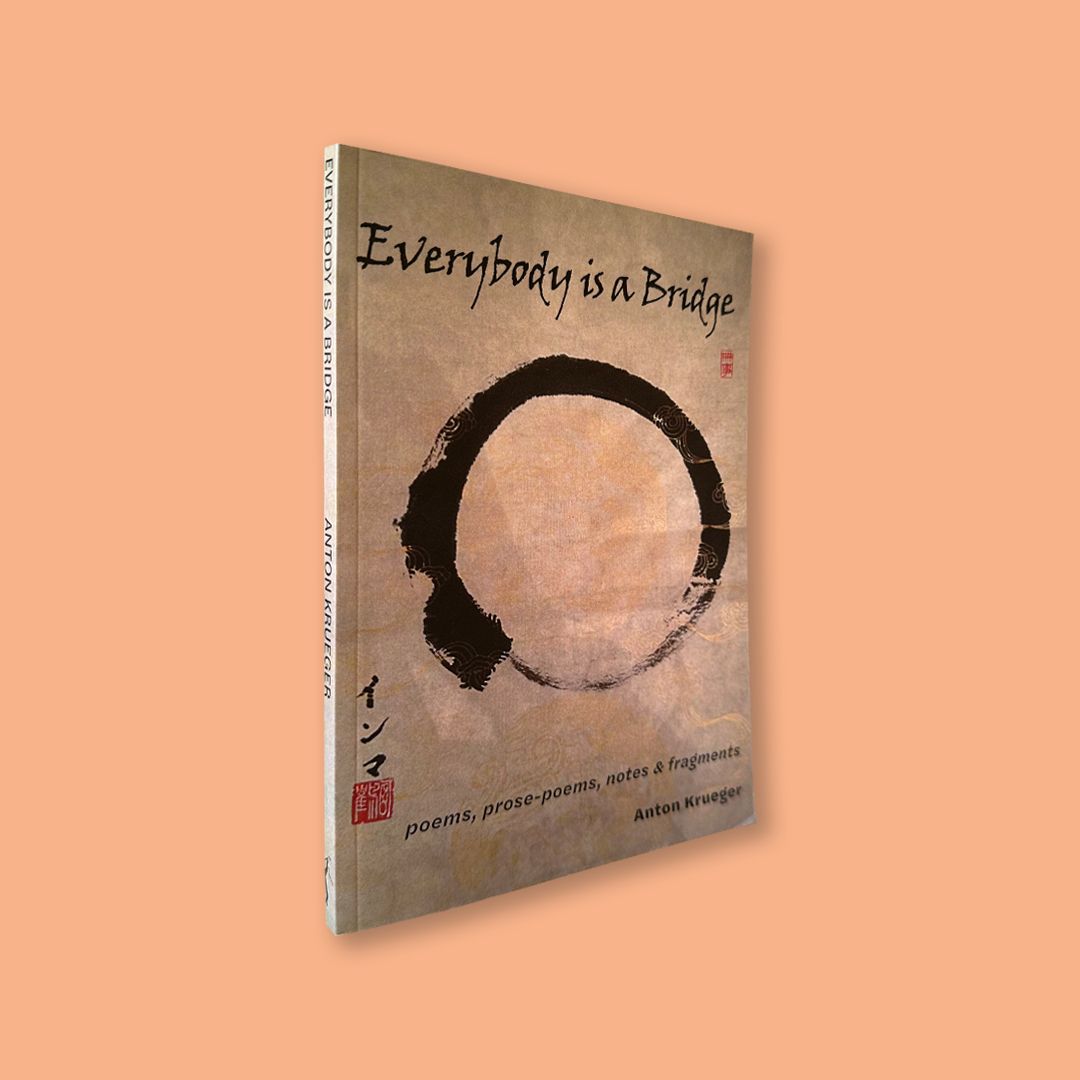What could the curriculum be – if it was designed by the people who dropped out of school so that they could breathe? The latest issue of Chimurenga provides alternatives to prevailing educational pedagogy. Through fiction, essays, interviews, poetry, photography and art, contributors examine and redefine rigid notions of essential knowledge.
Presented in the form of a textbook, Chimurenga 15 simultaneously mimics the structure while gutting it. All entries are regrouped under subjects such as body parts, language, grace, worship and news (from the other side), numbers, parents, police and many more. Through a classification system that is both linear and thematic, the textbook offers multiple entry points into a curriculum that focuses on the un-teachable and values un-learning as much as it’s opposite.
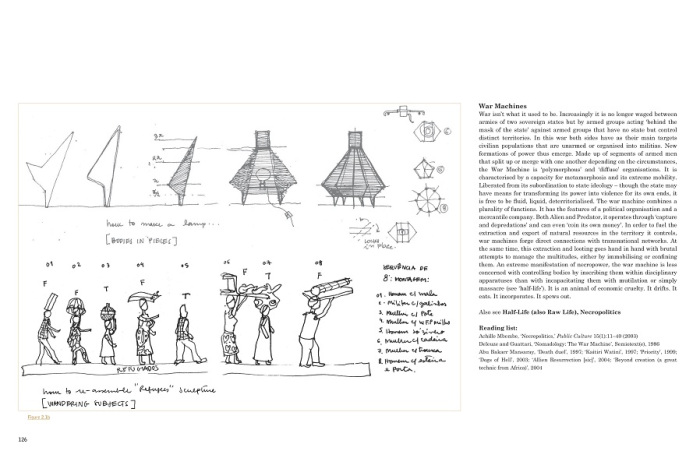
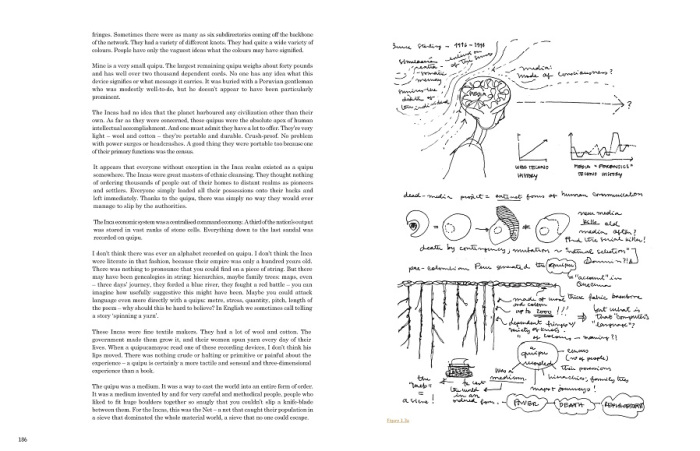
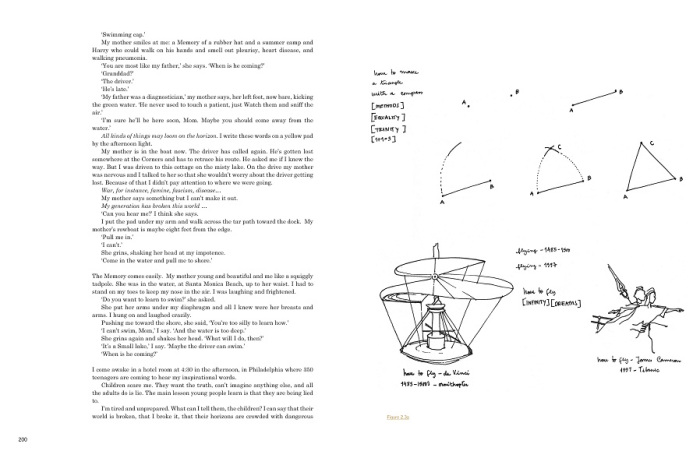
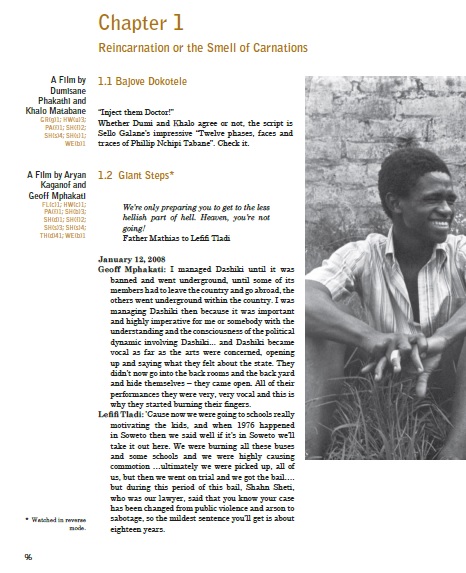
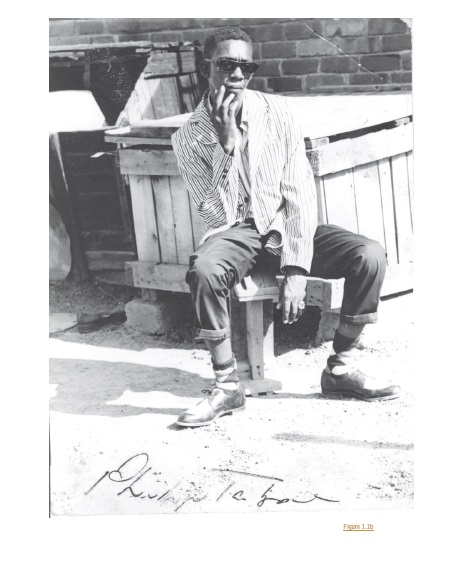


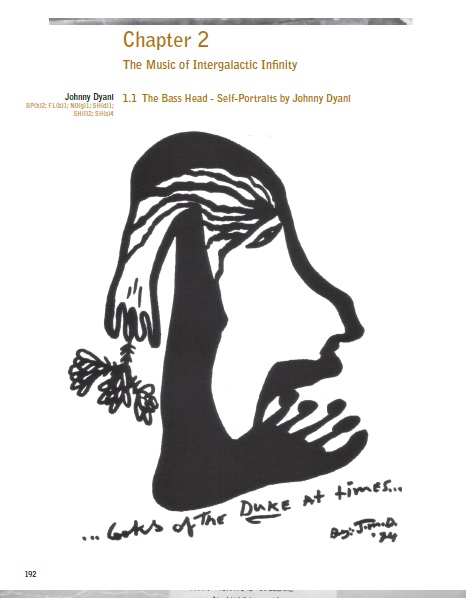
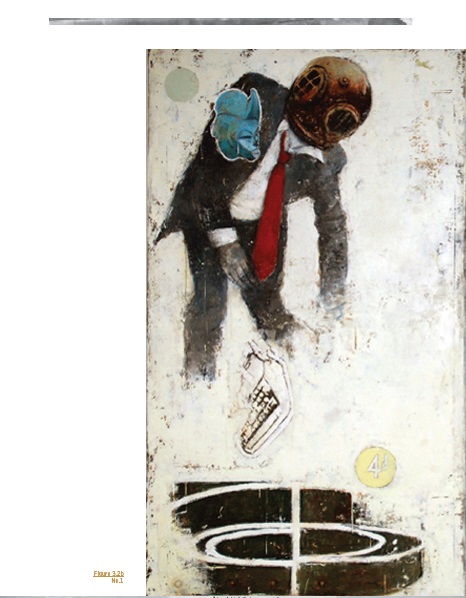
Inside: Amiri Baraka waxes poetic on the theoretics of Be-Bop; Coco Fusco flips the CIA’s teaching manual for female torturers; Karen Press and Steve Coleman instruct in folk-dancing; Dambudzo Marechera proposes a “guide to the earth”; Dominique Malaquais designs the museum we won’t build; through self-portraits Phillip Tabane and Johnny Dyani offer method to the Skanga (black music family); and Winston Mankunku refuses to teach.
Other contributors include Binyavanga Wainaina, Akin Adesokan, Isoje Chou, Sean O’Toole, Pradid Krishen, E.C. Osundu, Salim Washington, Sefi Atta, Ed Pavlic, Neo Muyanga, Henri-Michel Yere, Medu Arts Ensemble, Aryan Kaganof, Khulile Nxumalo and Walter Mosley amongst others. Cover by Johnny “Mbizo” Dyani.
Everybody is a Bridge by Anton Krueger (Botsotso, 2023)
Everybody is a Bridge by Anton Krueger (Botsotso, 2023)
The same poet who observes that “everybody is a bridge/’’ then asks in Zen-fashion, “Is it me, or is it you?/ are you reflection or projection / or the light that’s shining through?’’ can also note in a very down-to-earth way, that “If we hadn’t robbed the car washers of their coin/they might not have turned so mean, you know? / Let them earn a little income, bra/ If we’d chiselled our hearts open, tried to see it from the middle/we’d have softened just a little.”
And so, while keeping the big picture of the difficulties before us unflinchingly, Anton imbues such philosophical and political statements with images of very real people and their struggle for survival. But this is one aspect of his writing. As importantly, through these ‘poems, prose- poems, notes & fragments’, runs a whimsical sense of his youth and later years as a white South African whose numerous relatives and friends make their appearance in the form of anecdotal history turned into poetic narrative. In this way, the collection is varied, and very personal and true to Anton’s past and present, a very satisfying buffet that offers a unique taste of his Buddhistic soul.

